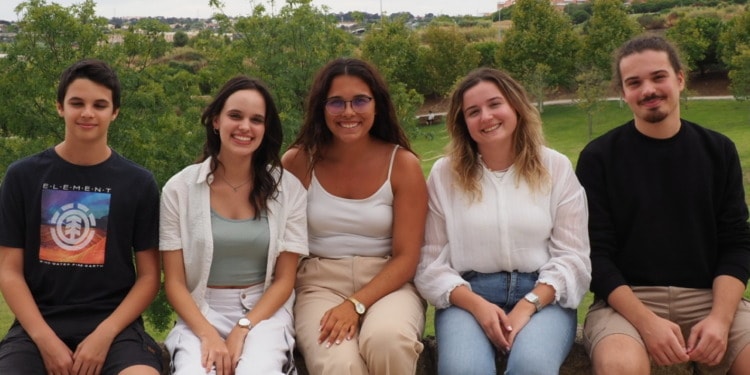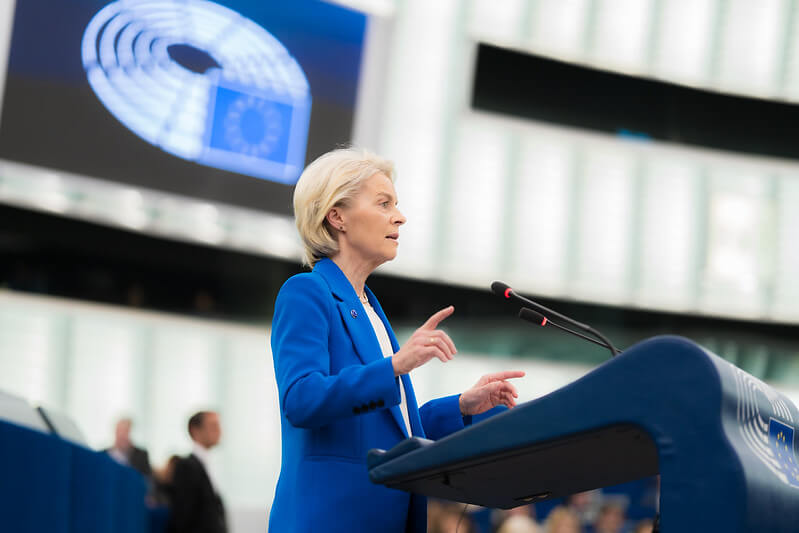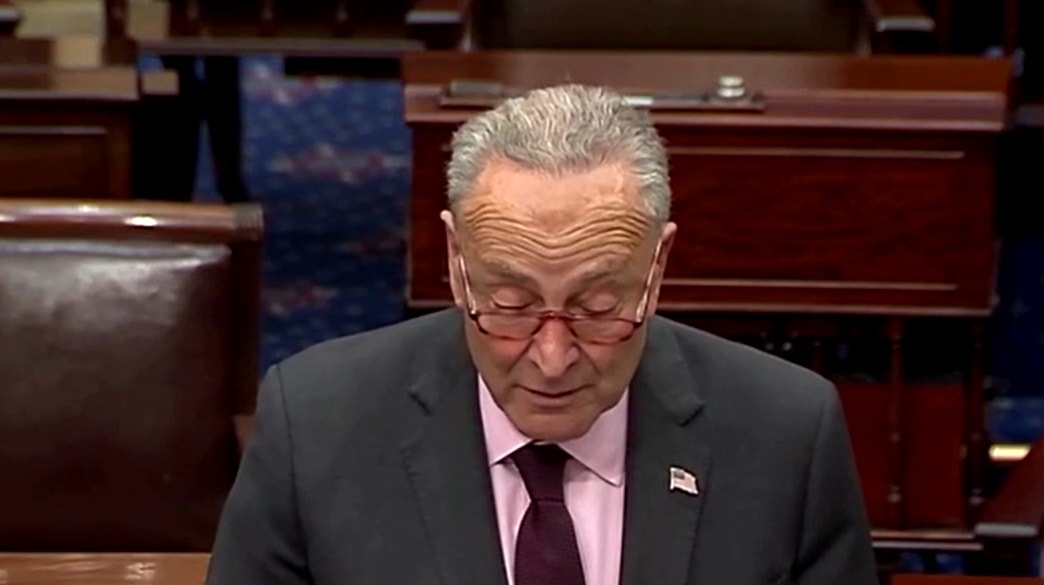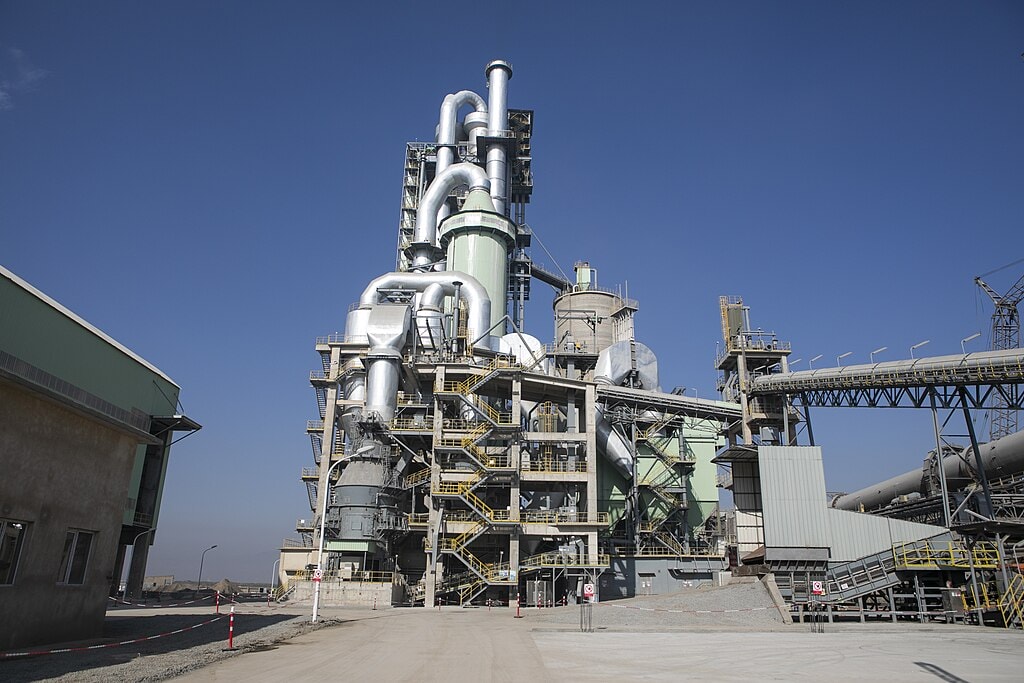Today, a group of determined youth activists will make their case in the European Court of Human Rights. Their advocacy is on behalf of their generation and a planet currently facing an environmental crisis.
What Sets This Legal Case Apart from Previous Cases?
While today’s case is a leap forward, it is not the first instance of young people demanding action on the climate crisis. Youth-led climate movements, such as Greta Thunberg’s Fridays for Future, have advocated for meaningful climate policy changes.
These cases, while not at the scale of the current one, paved the way for a new era where the youth can demand accountability.
In 2020, the Portuguese youth activists took legal action against the defending 33 countries, alleging they have failed to adequately address the climate crisis and, in doing so, have violated human rights. The applicants cite three articles of the European Convention on Human Rights, which protect the right to life, privacy, and freedom from discrimination.
The Applicant’s rights, as well as their dignity, are impacted. It is crucial to adopt a child rights based approach as the science is clear: children are particularly affected and vulnerable.
Climate concerns are legitimate but are being repressed, criminalised and stigmatised.
— GLAN | Global Legal Action Network (@GLAN_LAW) September 27, 2023
With support from the British-based Global Legal Action Network (GLAN), the applicants, aged between 11 and 24, aim to secure a legally binding decision that will compel states to take action. GLAN senior lawyer Gerry Liston, representing the applicants, has emphasized the significance of this case.
“This judgement would act like a binding treaty imposed by the court on the respondents, requiring them to rapidly accelerate their climate mitigation efforts.”, Gerry Liston
The claimants’ demand is that the 33 countries, which include the 27 European Union, drastically cut their planet-heating pollution. Furthermore, they are urging these countries to force companies headquartered within their borders to cut emissions across their supply chains.
Who Are the Youth Activists Making an Impact?
The path leading to today’s case presentation has not materialised out of nowhere.
Their journey began with the devastation of deadly wildfires in Portugal in 2017. Cláudia, hailing from Leiria, a city about 120 km north of Lisbon, serves as a nurse in a local hospital. Her firsthand experience with the health impacts of extreme heat events fuels her commitment to climate action.
Martin(20) from Leiria, witnessed his school close due to the 2017 forest fires and vowed to defend people’s rights and futures.
“Without urgent action to cut emissions, (the place) where I live will soon become an unbearable furnace,” another applicant, 20-year-old Martim Agostinho, said in a statement.
Catarina, another resident of Leiria, has experienced the effects of climate change in her region, including disrupted sleep patterns.
“Governments around the world have the power to stop this, and Europe’s governments are choosing not to stop this.”
Three of the youth activists grapple with respiratory conditions and are armed with evidence that even a one-degree Celsius rise in average temperatures will lead to a 1.7% increase in respiratory morbidity in Portugal. Extreme heat, they argue, can cause heatstroke and worsen chronic conditions, particularly respiratory diseases like asthma.
Their case is supported by a survey showing that 65% of young people in Portugal are extremely worried about climate change, the highest level of concern in Europe. The study’s lead author also found that all six applicants are experiencing symptoms of anxiety and/or depression linked to climate change.
Number of Out-of-School Children Increases by 6 Million Since 2021 | How Greta Thunberg Influenced the Swiss
What Do the Defendants Have to Say?
In the ongoing legal battle, the accused countries are represented by a large team of over 80 lawyers. In comparison, only six lawyers represent the applicants. Despite facing legal teams from more than 30 countries, the claimants are not showing any signs of giving in to pressure.
While the defending countries have acknowledged the seriousness of the climate crisis, they argue that the case is not about the severity of the climate challenge but whether the applicants have proved they are personally harmed by other countries’ actions or inaction.
Portugal’s legal team claims they are committed to fighting climate change. Standing in full support of this defense is Britain. The “climate leader” argues that the case should be rejected for various reasons, including jurisdiction.
Greece, which has recently faced a deadly summer of heat, fire, and storms, supports this defense. The Greecian governments emphasize that climate change’s effects, as recorded so far, do not directly affect human life or health.
The defense strategy of the 32 nations also challenges the court’s jurisdiction, making the legal battle even more complex.
Many of the governments involved have faced dire climate-related crises on their home soil, which further underscores the situation’s urgency.
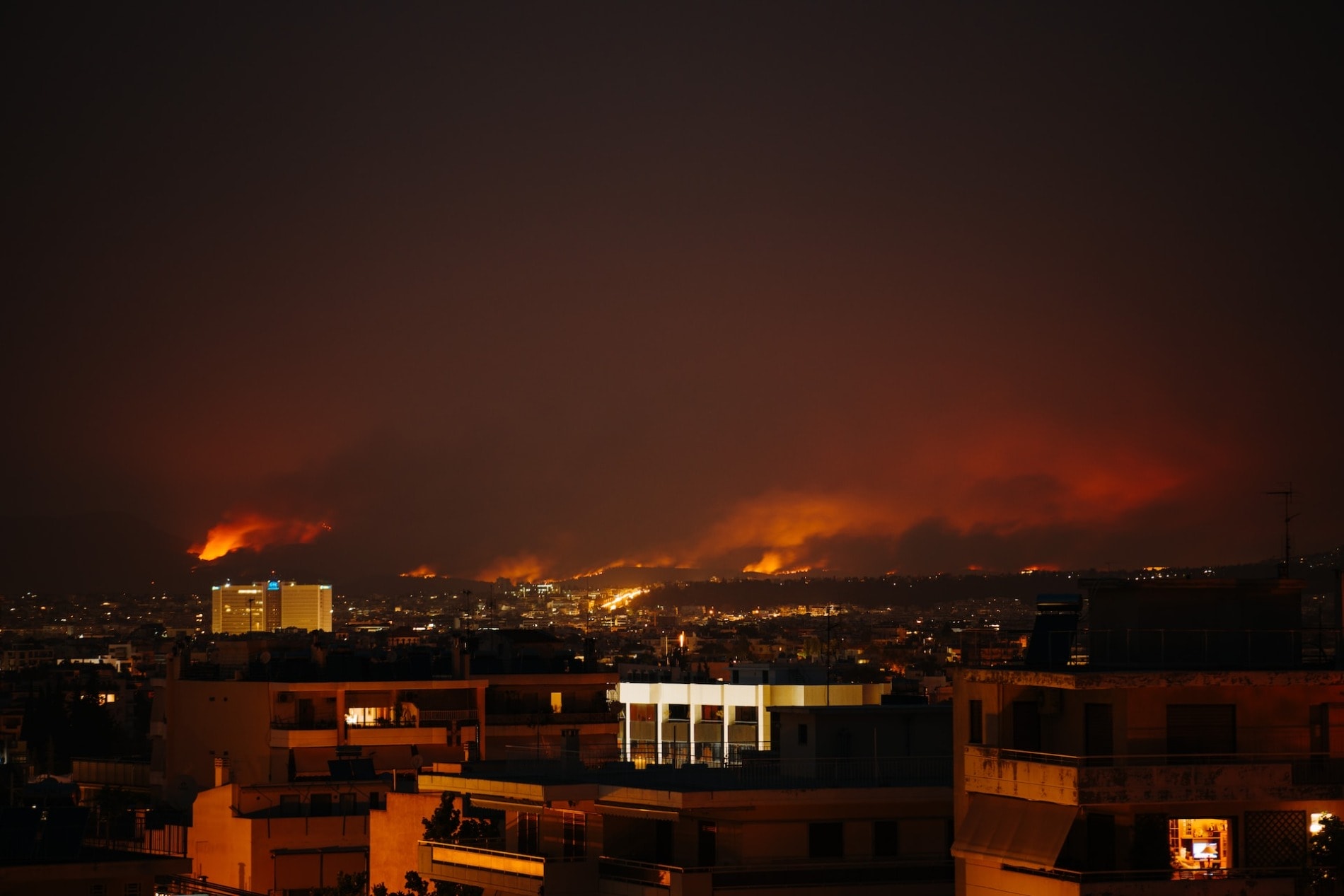
For instance, Portugal, the home country of the young activists, experienced devastating wildfires in 2017, destroying vast areas.
Spain, another nation under scrutiny, has grappled with scorching heatwaves that have taken a toll on its citizens.
Shaping Tomorrow’s Climate Action
The case at hand can potentially change the game in climate litigation despite the challenging odds.
If the judgment favors the claimants, it could legally bind the defendants to accelerate their efforts towards climate mitigation. This could result in governments being ordered to cut carbon dioxide emissions faster than planned.
However, if the court rules against the claimants, it could negatively impact similar cases. Currently, There are over 2,400 climate lawsuits globally, with new cases being added every week, according to the Sabin Center.
For the applicants, this case symbolizes their fight for a future where they can live without fearing a climate catastrophe.
They have witnessed firsthand the intensification of climate change, as July 2023 was the hottest month on record. The urgency of the matter is palpable, and these brave young activists remind us that the courts must intervene when governments fail to act.
The ruling for the case is expected to be announced in the first half of 2024. However, a decision could be made within a few months.
Editor’s Note: The opinions expressed here by the authors are their own, not those of Impakter.com — In the Featured Photo: Five of the young climate case applicants, from left to right: André Oliveira, Sofia Oliveira, Catarina Mota, Cláudia Agostinho, and Martim Agostinho. Featured Photo Credit: Amnesty.org


